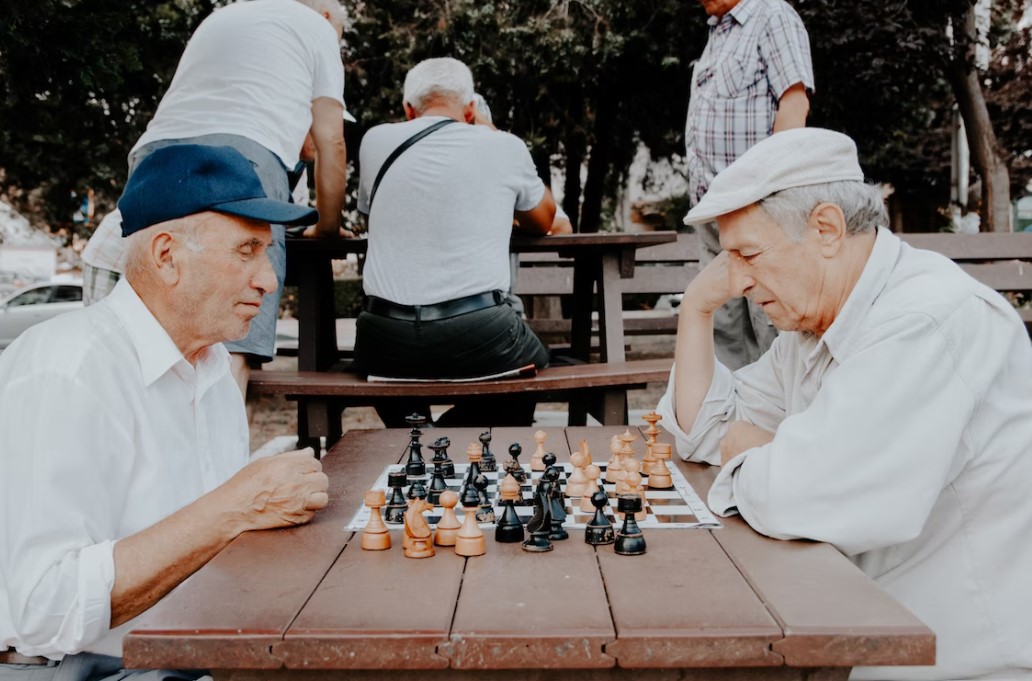In 2023, people are on average living longer and better lives with their families in their own homes.
However, it should be noted that from the side of the carers, this is not a straightforward experience, as caring for an elderly relative at home can be rewarding but also challenging. It requires a lot of patience, time, and effort to ensure that your loved one is well taken care of.
So, if you are new to the world of elderly care, here are five easy tips for caring for an elderly relative in the home. Enjoy!
Create a Safe and Comfortable Environment
As your loved one gets older, their physical abilities may decline, making them more prone to accidents and injuries. It’s essential to create a safe and comfortable environment for them by making modifications to your home. For example, you may need to install grab bars in the bathroom or remove tripping hazards in the hallway. Ensure that their living space is comfortable and free from extreme temperatures and invest in comfortable bedding. If you aren’t sure if they are warm enough, make sure to invest in additional heaters, and be sure to have your boiler and radiators maintained by an electrician from https://www.maintracts.co.uk/electrical/electricians-peckham.
Promote Physical Activity
You will also need to encourage your loved one to stay active by engaging them in light exercises or physical activities that are safe for their age and health condition. This could include simple stretches, walking, or yoga. Physical activity helps improve circulation, strengthens muscles, and reduces the risk of falls.
If they have arthritis exercising can be beneficial, especially if it is something that is weightless, like swimming. So, get out your bathing suit and go with them!
Ensure Proper Nutrition
Proper nutrition is crucial for an elderly person’s overall health and well-being.
As someone ages, their bodies require fewer calories, but they will still need the same amount of nutrients. This is especially true if there is a history of dementia and arthritis in the family. Ensure that your loved one has a balanced diet that includes plenty of fruits, vegetables, whole grains, lean protein, like chicken, and healthy fats from fish. Avoid processed foods, sugary snacks, and excessive salt, as these can be problematic in the elderly as the risk of developing diabetes and having a stroke increases.
Manage Medications
Many elderly people take multiple medications, which can be confusing and overwhelming. Ensure that your loved one takes their medication as prescribed by their doctor. You may need to invest in pill dispensers or reminders to help them stay on track with their medications. However, it is also wise to be aware of potential side effects and interactions and report any concerns to their doctor promptly.
Take Care of Yourself
When you are living with an elderly parent, parents, or another elderly family member that needs a bit of help, you will need to take care of yourself to avoid burnout. Schedule time for yourself, whether it’s going for a walk, reading a book, or meeting with friends. If necessary, seek support from family and friends or consider hiring a professional caregiver to help share the workload. The latter is especially important when it comes to conditions like dementia and Alzheimer’s or physical disabilities. So, don’t be afraid to ask for help!










